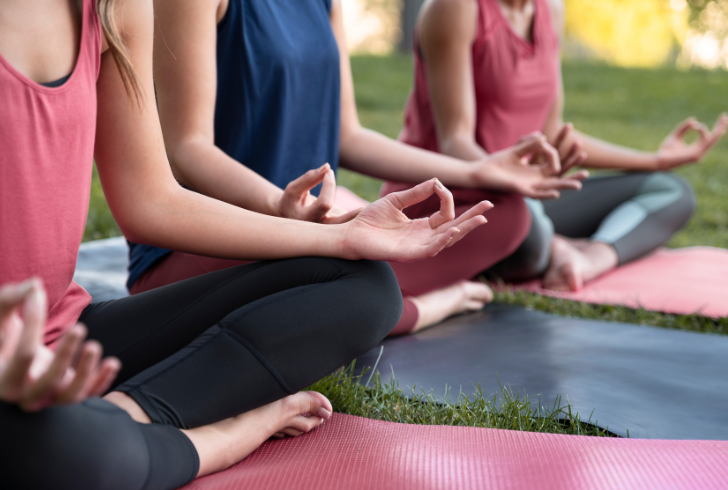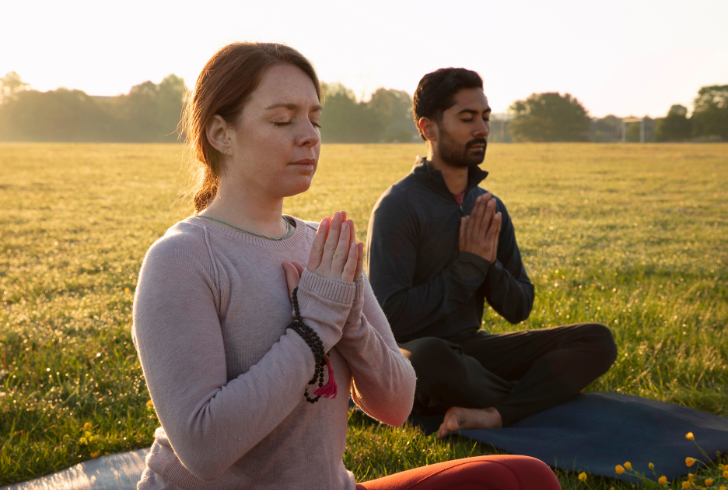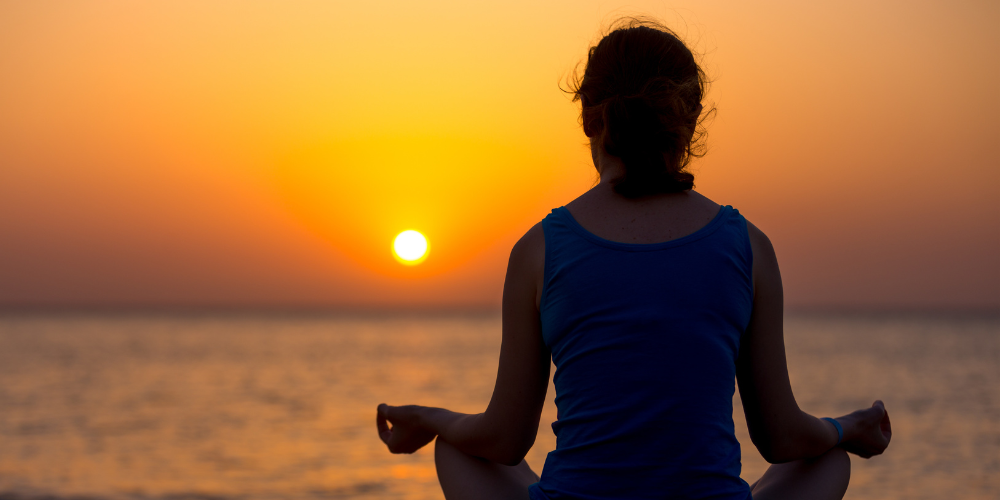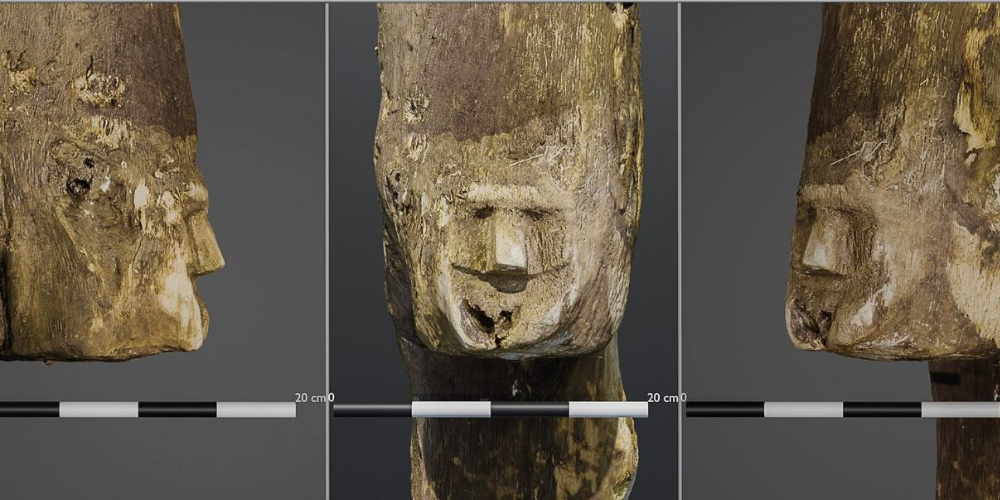Across Canada, more people are moving away from traditional churches while still holding on to a sense of spirituality. It’s not so much a rejection of religion as it is a reinvention of it.
Sociologist and author Galen Watts explores this transformation in his book The Spiritual Turn: The Religion of the Heart and the Making of Romantic Liberal Modernity, published by Oxford University Press. His work looks at how the familiar “follow your heart” philosophy—often seen as purely personal—actually carries the echoes of an older spiritual tradition he calls the religion of the heart.
The Rise of “Spiritual but Not Religious”

Freepik | Nearly 40 percent of Canadians identify as spiritual, seeking meaning through yoga and meditation.
Nearly 40 percent of Canadians now identify as spiritual. Instead of attending traditional services, they find meaning through yoga, meditation, self-help workshops, and retreats. These practices celebrate authenticity, inner truth, and emotional clarity—values central to modern spirituality.
Watts explains that while these activities appear secular, they share a common foundation with ancient religious traditions. “We should follow our heart. We should seek to be authentic to ourselves,” he says. But he warns that self-focus can lead to isolation when taken too far—creating small circles of like-minded people who only echo each other’s beliefs.
Modern spirituality, Watts suggests, isn’t fragmented but unified by shared ideals:
1. Belief in an inner divine presence or universal energy
2. The idea that personal suffering leads to growth
3. The pursuit of authenticity as a form of salvation
A Hidden Religious Tradition
In talks such as “The Spiritual Turn” and “The Challenge of Solidarity” at St. Jerome’s University, Galen Watts explains how what he calls the “religion of the heart” reflects the structure of traditional faiths. It provides not just a belief system, but a sense of moral grounding and a way to interpret reality itself.
For those drawn to this view, God isn’t some distant deity but a presence woven into daily life. The language shifts—some say spirit, others energy or the universe—but the idea stays constant: the sacred isn’t above or outside the world, it’s within it.
Watts notes that many spiritual individuals don’t realize they belong to this larger tradition. “When you hear talk of spirituality,” he explains, “there is, underneath it, a very old religious tradition.” The paradox, he says, is that those who claim to reject religion often practice a modern form of it—rooted in emotion, meaning, and self-realization.
The Purpose of Suffering
Classical sociologist Max Weber once described religion as a system that provides an explanation for suffering—a theodicy. The religion of the heart fulfills that same function. It views pain not as punishment but as a path to redemption.
Suffering, according to this belief, shapes personal growth. It reveals one’s true nature and purpose. Every challenge is seen as a lesson, a step toward becoming the person one is meant to be. This mindset transforms hardship into a meaningful process of self-realization rather than mere endurance.
The Search for Authentic Selfhood

Freepik | Today's spiritual seekers meditate and reflect, drawing guidance from within rather than attending church.
At the center of this spiritual framework lies an idea of salvation through authenticity. Watts calls it a soteriology—an account of how humans find salvation. Instead of redemption through divine grace, the focus shifts to achieving genuine selfhood.
Life’s journey becomes a quest to realize one’s potential. Fulfillment comes from living truthfully, aligning actions with inner values, and acknowledging both joy and struggle as essential parts of that process. “We are trying to actualize our potential,” Watts explains, “and we have to go through suffering and hardship to do that.”
A Modern Reflection of Ancient Faith
What seems like a new-age movement is, in truth, a continuation of humanity’s long search for meaning and connection. The modern “spiritual” generation may not gather in churches, yet they still meditate, reflect, and seek guidance from an inner source. This shift from collective worship to personal practice shows that religion hasn’t vanished—it has evolved.
The “follow your heart” philosophy captures this transformation, reflecting a timeless pursuit of purpose and self-understanding. Watts suggests that the religion of the heart doesn’t replace traditional faith; it redefines it, where the sacred and the self meet in a deeply personal form of spirituality.










